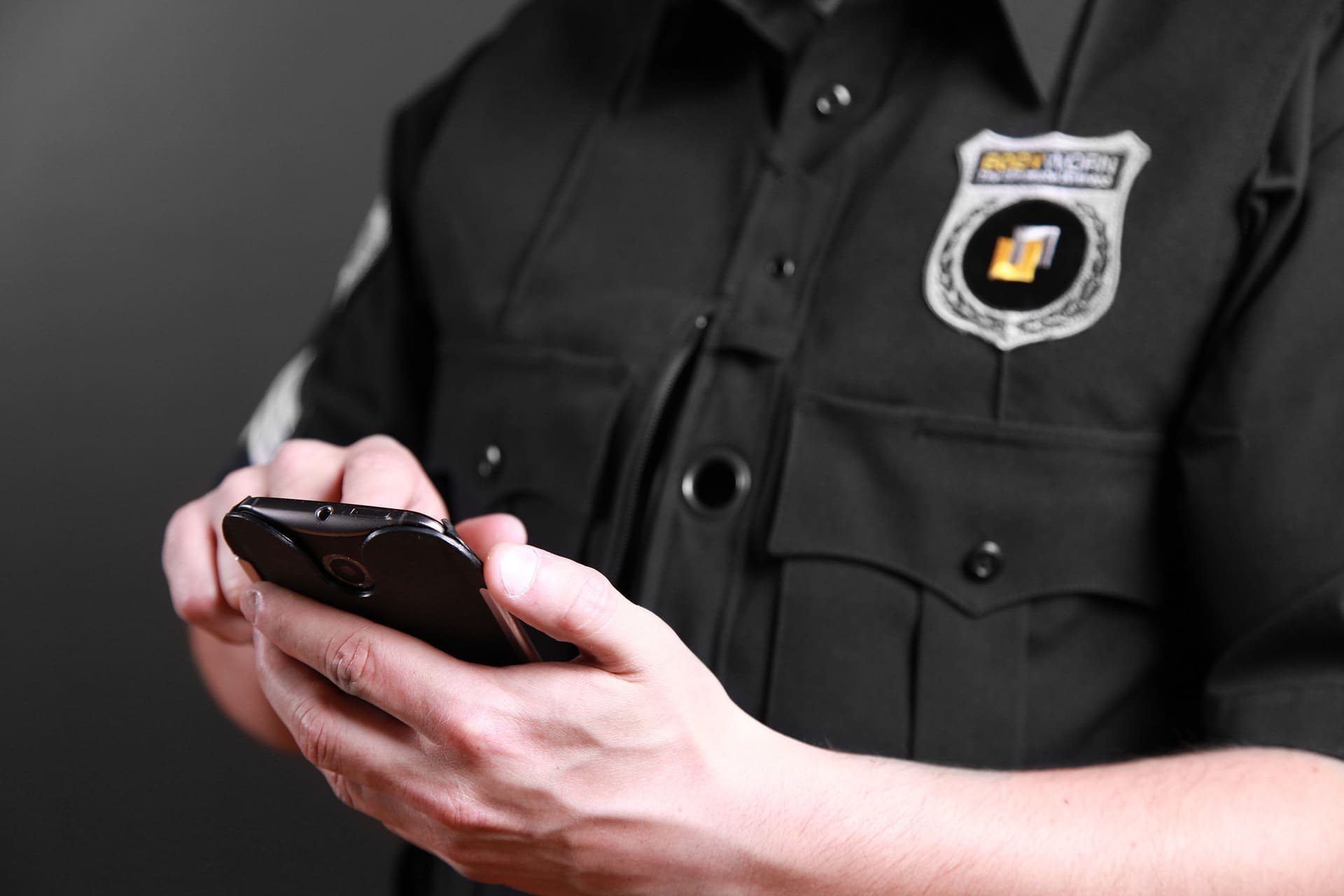
Everyone uses phones these days. Phones have become indispensable tools in our daily lives. They carry both personal details and sensitive information that can be potentially dangerous if they fall into the hands of people who have nefarious intentions. Because of how personal a phone is, the police are not typically allowed to search a phone without a warrant.
With the above said, if ever the police wanted to search your phone without a warrant, then you have the right to say no. The question is when can you legally say no? Toronto Criminal Lawyer Calvin Barry has compiled a list of instances where a phone search is and is not legal.
Do You Know That the Police Can Search Your Phone During Arrest?
Know that during an arrest, you cannot always decline to have your phone searched. With this said, also note that the police do not have unlimited rights to go through your devices. Certain conditions must be met for the search to be legal.
The Arrest Must Be Lawful or Legal
The necessity to search the phone must be connected to the arrests. It should happen at the time of arrest and must have a relevant basis.
- The police must take detailed notes of their search methods and what they examined on your phone
- The extent and nature of the search must be specific to the police’s intent
What Are the Police Not Allowed to Do While Searching Your Phone?
The police can only do a limited search when they do not have a warrant. They cannot do an unspecific search in the hopes of stumbling across incriminating materials. At the most, they can do a search for emails or texts within a specific time period that is related to the case at hand.
With the above said, any incriminating material that the police come across can be used against you regardless of whether they searched for the said material or not. In addition to this, the police cannot delete anything from your devices or tamper with anything.
Is It Necessary to Give the Police Your Password?
It is not necessary to give the police your password even after an arrest. Your password is protected under your right to remain silent. With this said, know that the police can still attempt to access your phone and data as they methods to do so. You won’t be charged with an offence for not providing your password.
Consent to A Phone Search
Allowing a phone search means that the police will no longer need a warrant. Giving consent to searches may also mean granting access permission to the police. For example, if you allowed the police to search your vehicle that has your phone, then they can access your phone. You can avoid this by explicitly stating that the consent does not include your phone.
Border Crossings and Other Circumstances
Border agents are allowed to search your personal devices without a warrant as they are not under the same restrictions as the police. Also know that in the presence of exigent circumstances, the police may be allowed to search your phone without needing a warrant. An example is if they believe that they are doing so to protect you from harm.
For more tips from Calvin Barry, check out his article, can police enter your home without permission? Facing a criminal charge can be a highly stressful event that is tough to manage. Always remember to hire a criminal defence lawyer in case you’re facing criminal charges, to make sure that your voice is heard, and that your rights are protected.